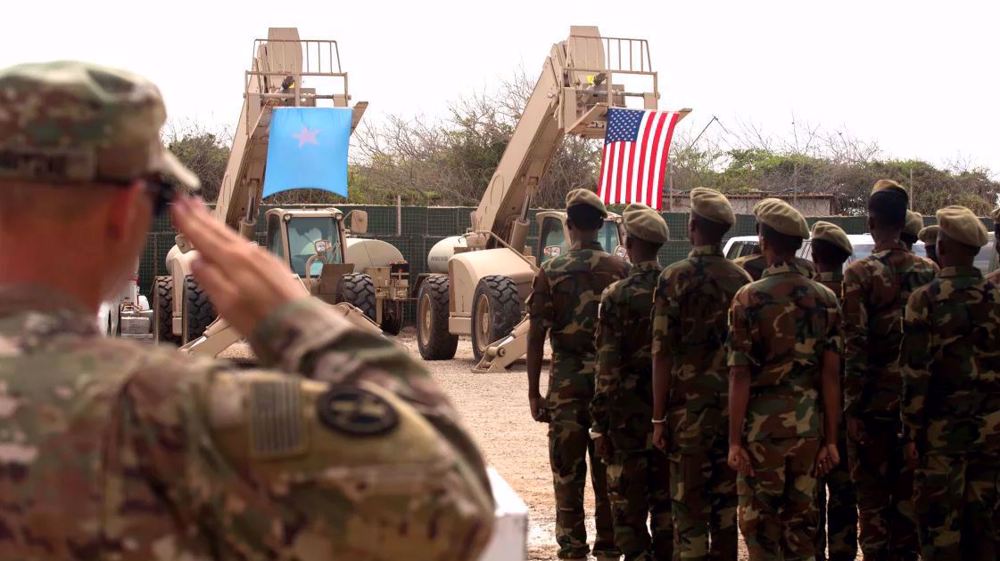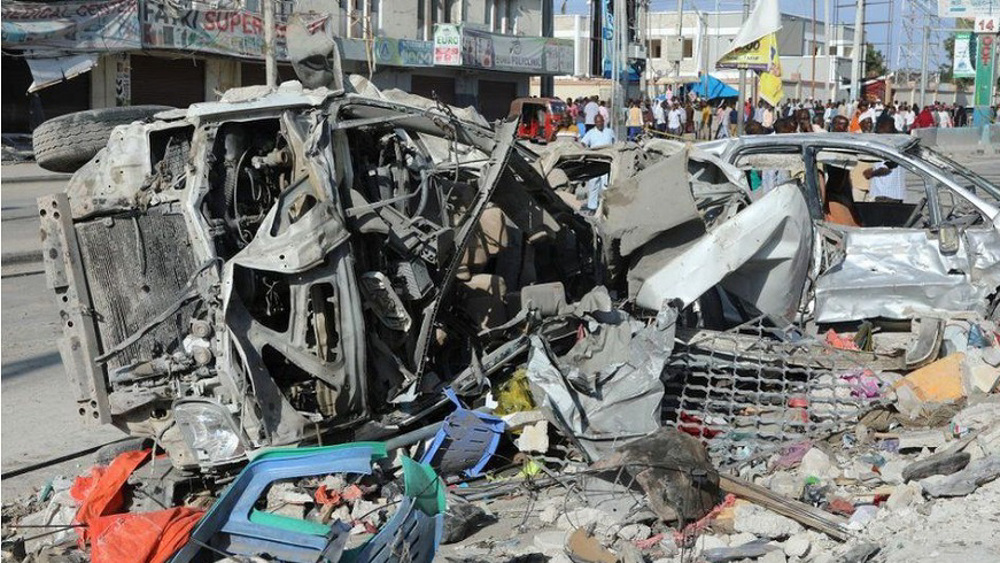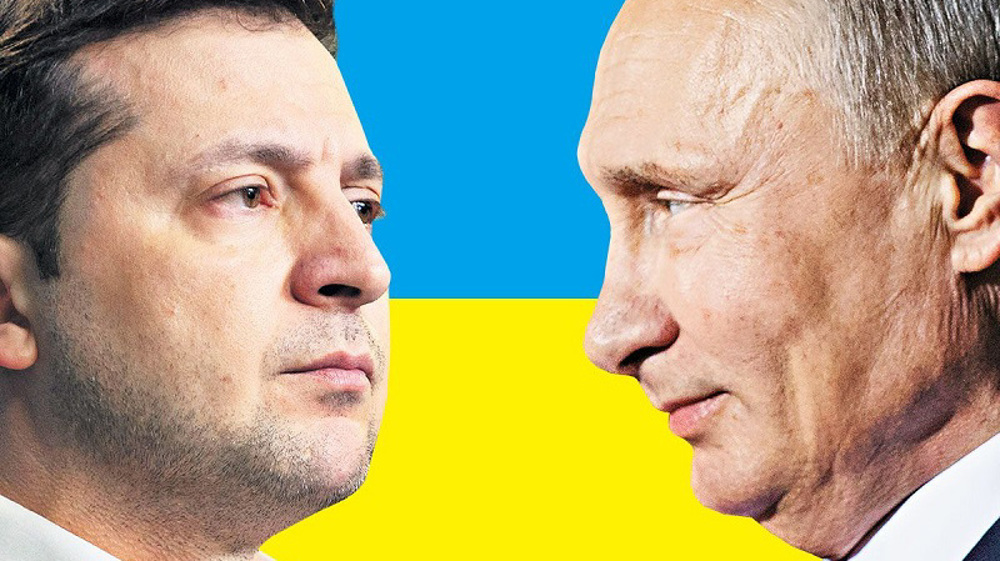Somalia inaugurates new parliament in Mogadishu
Nearly 300 new Somali lawmakers have been sworn in following weeks of voting in a complex political process.
According to top election official Omar Mohamed Abdulle, 284 members of parliament were sworn in under tight security in the capital, Mogadishu, on Tuesday.
Some lawmakers were absent while other seats were still subject to disputes, the official said.
National elections were scheduled to be held in Somalia early this year but the government decided to only hold a limited franchise election, where ordinary people have no vote.
Parliamentarians were selected by clan elders over the past two months. Each of the federal states in the country has also chosen representatives to a new upper house and the two houses of parliament will then vote for a president.
Somalia also saw the introduction of a quota reserving 30 percent of the seats for women.
Somalia's electoral system has been riddled with vote buying, corruption, usual clan disputes and significant flaws.
The United Nations Assistance Mission in Somalia (UNSOM) said in a statement that Somalia's election "hangs in the balance."
"International partners believe that the integrity of the 2016 electoral process hangs in the balance," UNSOM said in a statement on Tuesday, adding, "This fails to address a number of other egregious cases of abuse of the electoral process, including seats reserved for women candidates only that were ultimately taken by male candidates."
UNSOM has also criticized a decision by officials to reinstate candidates, who had been disqualified.
Lawmakers are now expected to elect a president by secret ballot. However, it was unclear when that would take place.

Incumbent President Hassan Sheikh Mohamud has begun campaigning for a second term.
The Takfiri al-Shabab militant group currently controls swaths of rural areas in Somalia.
The group has been pushed out of the capital and other major cities by the joint forces of the government and the African Union, but it continues to hit Mogadishu despite setbacks.
Somalia has not seen a powerful central government since former dictator Mohamed Siad Barre was toppled by warlords in 1991. Since 2007, some 22,000 peacekeepers have been deployed in Somalia in the form of the multinational African Union force to aid the government in curbing the militancy.
VIDEO | MEK trial in Tehran reveals heinous terrorist crimes
VIDEO | No Christmas in Gaza again
Iran condemns Israel’s brazen admission of Haniyeh murder
VIDEO | Conference in Islamabad explores Pakistan-Iran ties
Hamas condemns Israeli evacuation order of Indonesian Hospital
VIDEO | Yemen resistance remains resolute
'Easy target': Yemen warns 4th US carrier within reach
Iran military awarded $40 mln worth of vessel building contracts










 This makes it easy to access the Press TV website
This makes it easy to access the Press TV website